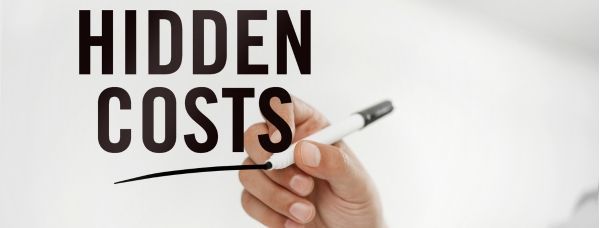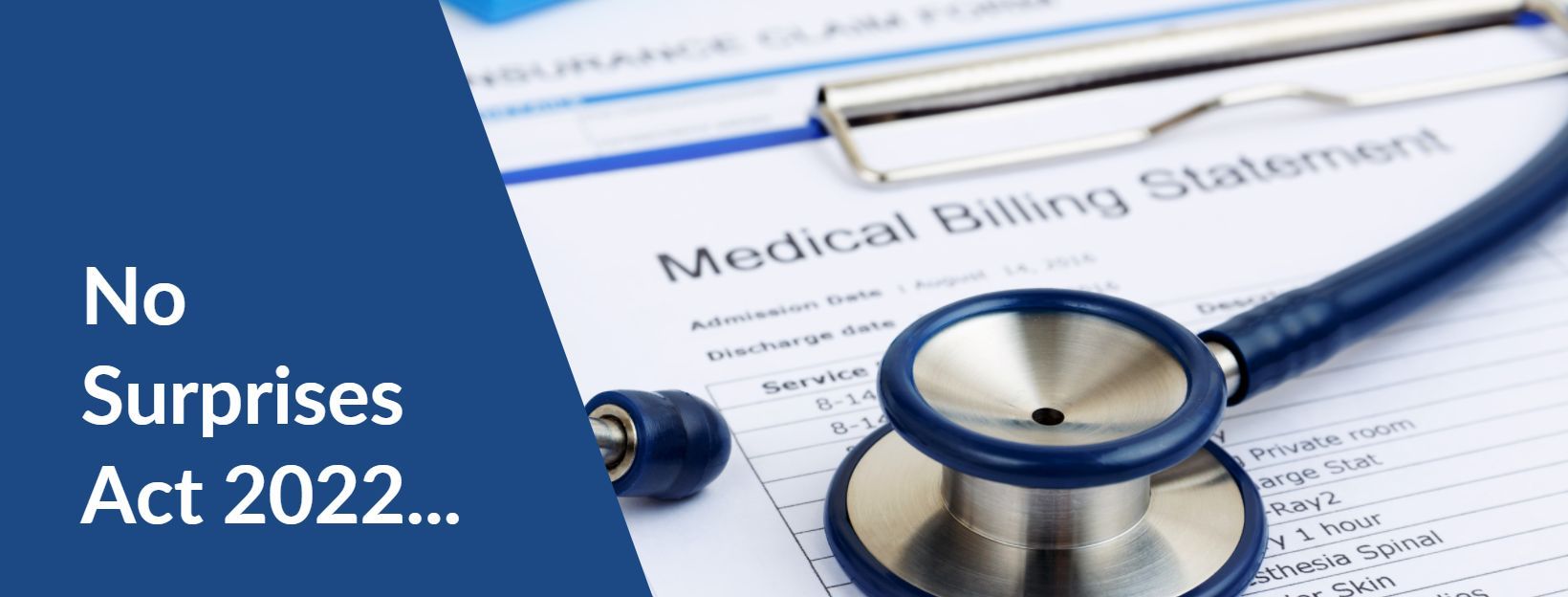It's hard enough to make it through a medical emergency, but the pain might continue when massive bills arrive despite your insurance coverage. For example, suppose that you underwent emergency surgery for some reason. You scheduled it at a hospital that participated in your insurance network but later received a whopping bill from the anesthesiologist in addition to the surgery bill.
A new federal law called the "No Surprises Act," effective in January of this year, banned "surprise billing" or "balance billing." Before the law passed, specialists like the anesthesiologist in the above example could set their own fees independently of the agreed-to costs between an insurer and a facility within the approved insurance network. Now, specialists' fees will no longer land on patients who receive treatment given by out-of-network specialists at in-network hospitals. Patients must be billed no more than the in-network rate, regardless.
Medicare, Medicaid, and other government programs like Tricare have all forbidden "surprise" billing across the board, whether in an emergency or non-emergency situation. Those patients getting additional bills for independent services should talk to the person at the facility responsible for insurance issues or call 1-800-MEDICARE.
The new law has some significant advantages for patients - but it also contains three serious gaps.
- Beware of signing a form headed "Surprise Billing Protection Form."
Signing it waives your rights under the new law, and out-of-network providers are then free to charge you the higher rates. If you're asked to sign on an iPad, ask to see the actual form. If it is the so-called "protection" form, don't sign. Be aware that if you decline, healthcare providers can also refuse to treat you. If so, you might need to shop around for another provider.
If you are undergoing non-emergency treatment, you must be provided with this form at least three days before the procedure. For same-day service, you should receive at least three hours' notice. The form should make it clear that out-of-network costs will be more expensive and that you can avoid that increased cost by choosing in-network doctors who are available to provide the same care at a more economical rate.
Keep in mind that if you have a high deductible on your insurance, it might be an idea to pay cash out of pocket. - In rural communities, the law covers extremely expensive air ambulance services, but it does not apply to ground ambulance charges.
- The new law applies to hospitals. It might not cover lab testing through doctors' offices, visits to birthing centers, or most urgent care facilities. Ask the clinic if they are part of your insurance plan's network. If you ask, "Do you take my insurance?" the provider could say "yes," meaning the provider can submit the forms to your insurer and still charge out-of-network rates.
If you need emergency care and are covered by an HMO or private insurance, don't go to an urgent-care clinic if you can avoid it. But if you can't make it to a hospital emergency room, must use a clinic, and feel forced to sign the clinic's form, handwrite on it that you are "signing under duress due to emergency." Take a picture of the form with your note and report the problem to the federal hotline at 800-985-3059. You can also start a payment dispute online at CMS.gov. Your state insurance department may also take appeals.
Even if you end up paying the bill, your complaint will be registered and maybe one day Congress will eliminate the gaps in the "No Surprises Act."
more news you can use



Still have questions?
Tell us about your situation.

Centrally Located in Brighton
near Cobbs Hill:
1399 Monroe Avenue,
Rochester, NY 14618
Map & Directions
Weekly News & Updates
Subscribe now and get our FREE Guide, "The Top Eight Mistakes People Make with Medicaid Qualification"
Rochester Elder Law
All Rights Reserved
Legal Disclaimer: The information on this website is for general purposes only and is not legal advice. Content may change without notice. Please consult an attorney for guidance on your specific situation. Contacting us does not establish an attorney-client relationship. Do not send confidential information until a formal attorney-client relationship is established. This site may contain attorney advertising. Prior results do not guarantee similar outcomes. By using this site, you agree to this disclaimer.







